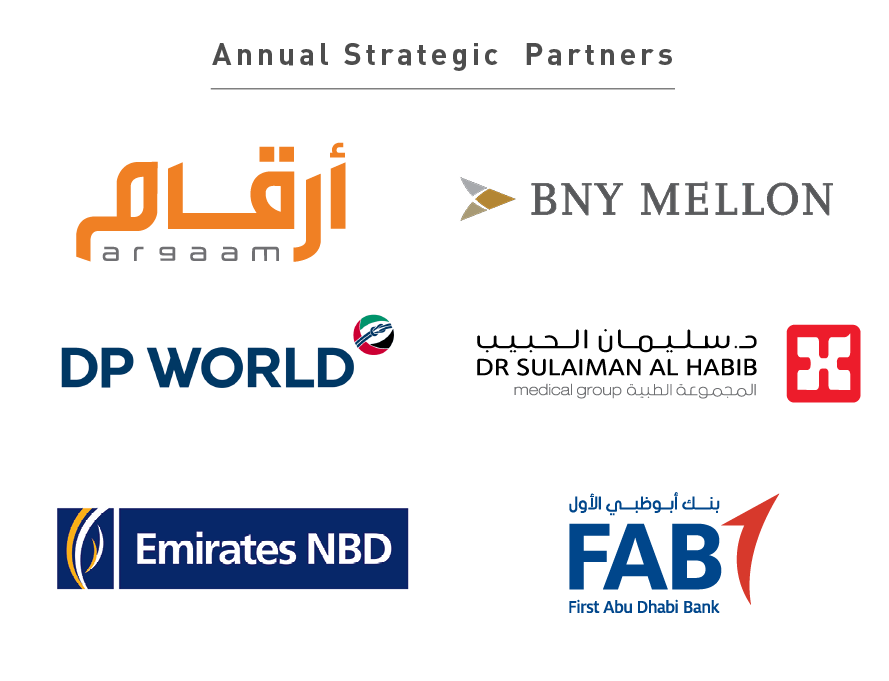Stock market volatility tests investor relations
May 21, 2020 Middle EastThe Covid-19 pandemic has imposed hasty transformation on every enterprise function across the globe, but investor relations (IR) departments within organisations have had to manage this while also working to underpin investor confidence in listed companies in the midst of the outbreak.
Given that on a macro-economic scale at least, the normal rules of business have been suspended, the ability of investor relations officers (IROs) to instill confidence and retain shareholder loyalty will be critical to the post-Covid-19 era.
Communication, communication
Companies can no longer afford to shy away from regular, open dialogue with shareholders, even if they are unable to provide specific information or guidance on forecasts.
If proactive communication is not adopted, particularly when regional markets are in the process of being upgraded to emerging market status, the impact will be felt for years to come.
An adaptable yet robust IR strategy is the key to driving and sustaining shareholder trust and maintaining value, especially amid turbulent market conditions and global uncertainty.
Moreover, the frequency, transparency and tone of said communicative efforts must continually be tailored and refined to address investors and their concerns in a way that solidifies trust.
In the midst of unchartered scenarios, IROs must also address the concerns of shareholders with imperfect and limited information, making it difficult to answer strenuous queries from investors.
Through timely, transparent and positively affirmed communications, IROs are equipped to adequately address these issues, while inculcating trust and confidence in the organisation’s overarching strategy, ultimately strengthening the underlying relationship.
Remote investor relations
Organisations across the globe have showcased their effective IR strategies amid the Covid-19 outbreak through the implementation of innovative mechanisms and unique solutions.
A fundamental transformation in the way organisations are engaging with investors has taken effect; from virtual AGMs to dedicated digital IR platforms, companies are facilitating real-time engagement that overcomes geographic restrictions.
In late March, we even saw the Hong Kong stock exchange welcome its newest stock with a virtual gong-banging ceremony. This shift begs the question: is this how organisations should conduct their IR programme hereafter?
Virtual meetings and AGM/EGM alternatives are now a permanent and critical component of a future-proof IR programme
In a realm driven by increased accessibility and a necessity to attain information in the quickest form possible, adopting a digital approach could reap myriad opportunities for the investment landscape.
Seamless communicative infrastructures and instantaneous access to information will provide organisations with real-time responses from investors, thus accelerating and enhancing dialogue between enterprises and their shareholders.
Lessons for the future
The digital IR landscape of the future is offering us a more accessible, functional and engaging experience with our target audiences who expect companies to deliver, if not use, smart, mobile and cost-effective channels and platforms.
In the context of the current operating environment, we would do well to remind ourselves what we have learnt from the harrowing experience of confronting Covid-19 and surely consider the use of alternative platforms through which we can engage.
Virtual meetings and AGM/EGM alternatives are now a permanent and critical component of a future-proof IR programme.
The Covid-19 pandemic has served as a catalyst for a rapid, fundamental transformation of entities across the globe. Now, it is the responsibility of leaders to sustain this transformation and future-proof their IR functions.
John Gollifer, MEIRA General Manager
This article was published by MEED on 6 May 2020.




